Professor Dr Muhammad Yunus, 84, well known as the "banker to the poor," has been sworn in as the chief advisor to Bangladesh’s interim government along with his 16 more advisors, on the third day of ousting Sheikh Hasina from the chair of Prime Minister.
This move follows a series of deadly anti-government protests that led to the ousting of Prime Minister Sheikh Hasina and the dissolution of parliament, as confirmed by the press secretary of the Bangladesh president.
The octogenarian, a distinguished social entrepreneur and microfinance pioneer, is expected to bring stability to the country. He won the Nobel Peace Prize in 2006 for his groundbreaking work in microfinance, which has alleviated poverty in Bangladesh and inspired similar initiatives globally.
Yunus, a vocal critic of the former prime minister, witnessed Hasina`s resignation earlier this week, which was met with both celebrations from the student movement that forced her out and concern about potential military intervention.
Dr Yunus was in France, returned on Thursday afternoon and took oath in the evening.
Who is Professor Dr Muhammad Yunus?
Born in 1940 in Chittagong, Bangladesh, Yunus pursued higher education at Dhaka University and later earned a Ph.D. in economics from Vanderbilt University.
After Bangladesh gained independence in 1971, he returned to teach at Chittagong University.
The 1974 famine in Bangladesh profoundly impacted Yunus, prompting him to shift from theoretical economics to practical assistance.
He began providing small loans to impoverished community members, eventually founding Grameen Bank in 1983.
Grameen Bank became a global leader in microfinance, lending approximately $6 billion and winning Yunus and the bank the Nobel Peace Prize in 2006.
Despite some criticism regarding high interest rates from certain microlenders, Yunus has defended his work, emphasizing that the bank`s goal is to support the poor and empower small businesses.
Conflict with Sheikh Hasina’s government
Yunus’s relationship with Sheikh Hasina was marked by tension.
In 2007, Yunus considered forming a new political party, which Hasina opposed.
In 2011, Yunus was removed from his position as managing director of Grameen Bank by the Sheikh Hasina led government-controlled central bank.
Subsequently, he faced multiple legal challenges, including defamation, food safety, and tax irregularity cases, which he and his supporters claim were politically motivated.
In January, Yunus was sentenced to six months in prison for labor law violations and indicted on embezzlement charges in June.
Hasina’s government maintained that these actions were not politically motivated, though Yunus disagrees. The fate of these legal issues remains uncertain with Hasina`s departure. He was relieved of some charges prior to his arrival in Dhaka from France on August 8.
Looking ahead
Following Hasina’s resignation, Yunus expressed a desire for the military to transfer control to a civilian government.
He criticized Hasina’s rule, describing it as oppressive, and praised the student movement for their efforts.
Yunus now faces significant challenges. He must restore law and order in the wake of recent protests, address public distrust in state institutions, and oversee the organization of free and fair elections.
Additionally, he will need to manage the aftermath of the past month’s violence, which resulted in numerous casualties and accusations of excessive force by the government.
Experts anticipate that Yunus will need to implement judicial procedures to address human rights violations and rebuild trust between the government and the public.
A Nobel laureate known as the “banker to the poor” will aim to bring stability to Bangladesh after he answered a call by student protesters for him to temporarily lead the restive country following weeks of deadly anti-government demonstrations.


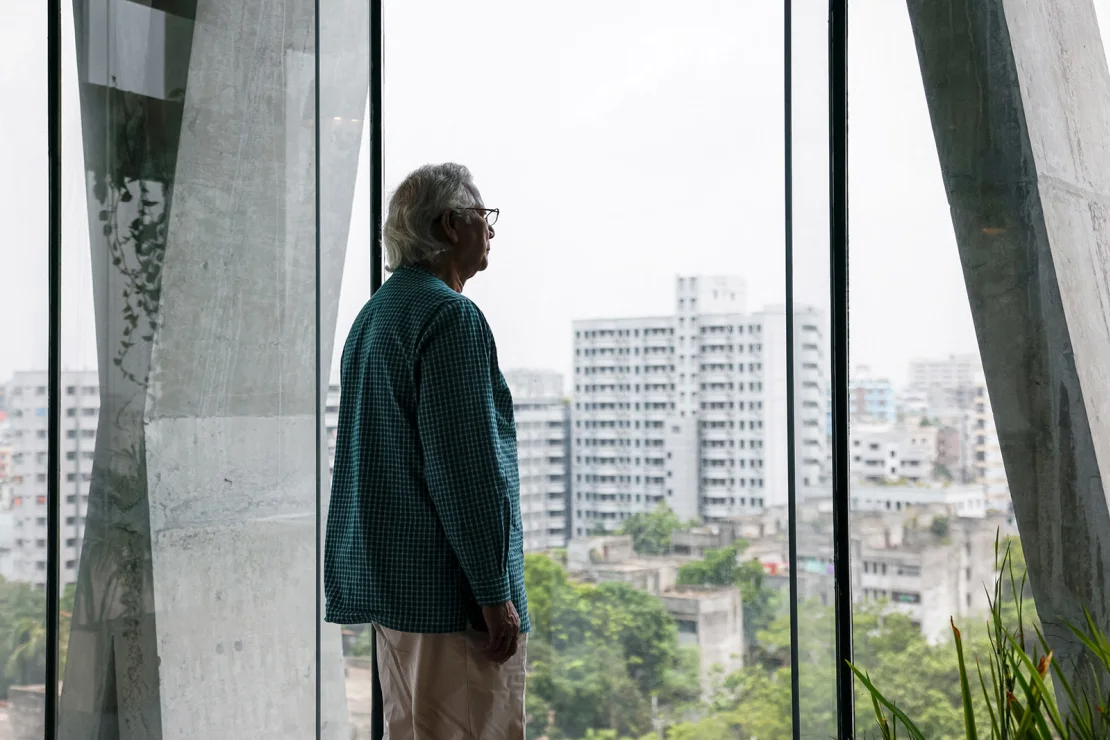

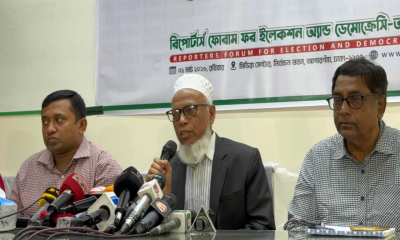
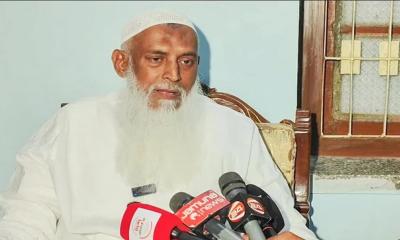






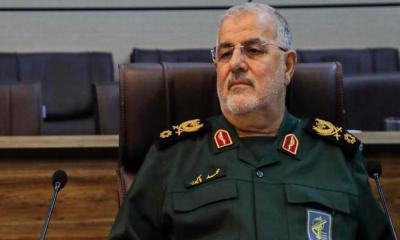
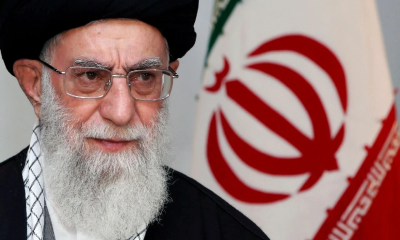
-20260301064029.webp)
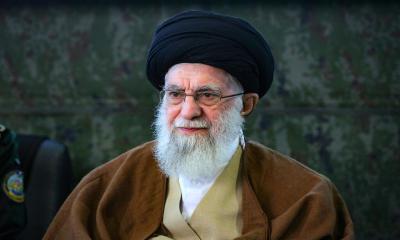


-20260228080513.webp)


-20260228064648.jpg)




-20260224075258.webp)





-20260225072312.webp)


